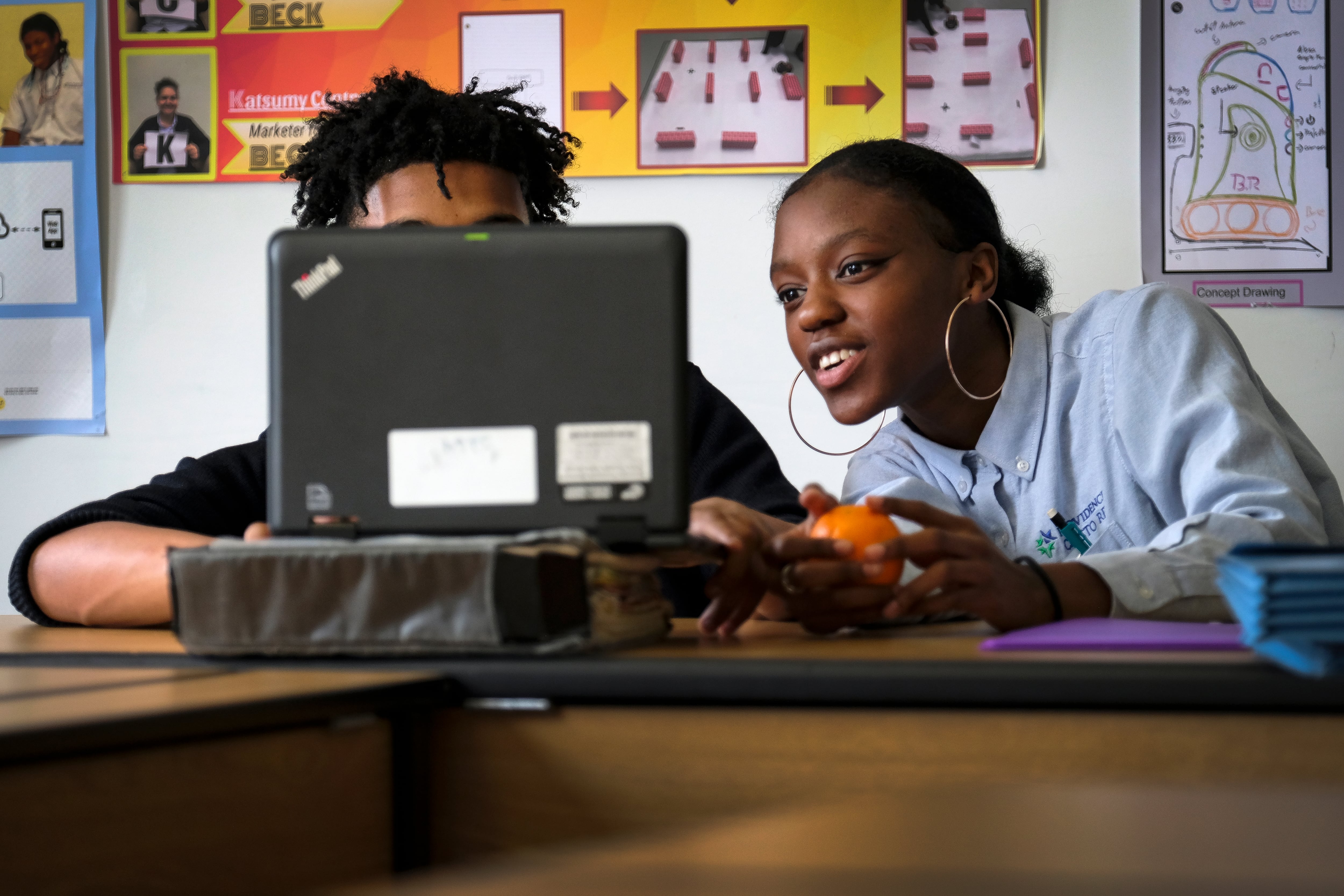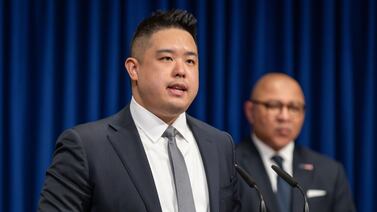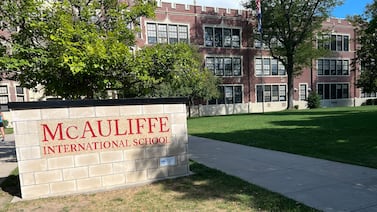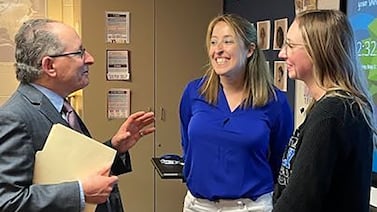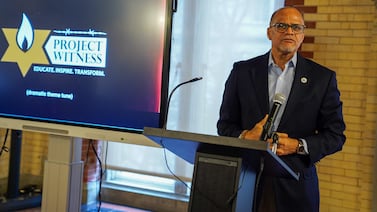Sign up for Chalkbeat Indiana’s free daily newsletter to keep up with Indianapolis Public Schools, Marion County’s township districts, and statewide education news.
A record number of Indiana students are using Indiana’s near-universal voucher program to attend private schools this year.
The Indiana Department of Education approved 69,271 Choice Scholarship applications during the first round of the program for the 2023-24 school year, as first reported by State Affairs. That’s a roughly 30% increase from the total number of applications — 53,262 — approved for the 2022-23 school year.
This year’s number is also likely to rise after the second application period, which closes in January.
The growth comes after state lawmakers broadened eligibility for the program during the last legislative session to make it available to most Indiana families. Legislators raised the income threshold to 400% of the federal free and reduced-price lunch threshold and removed other requirements like having a sibling who received a Choice Scholarship, or attending an F-rated school.
Proponents of Choice Scholarships have celebrated the expanded access to the program because they say parents should have more flexibility to choose a school for their children. Opponents, meanwhile, have raised transparency issues, and argued that the expansion would effectively increase government benefits for wealthy families, some of whom already send their children to private schools.
Additional data on the program, including information on students’ demographics, family income levels, and previous schools attended will be available in the spring as part of the Choice Annual Report, according to the education department.
The total amount spent on the first round of scholarships this year was not immediately available.
Participation in the program was already increasing rapidly before this academic year. The 2022-23 school year marked the largest increase in the number of Choice Scholarship students since the 2014-15 school year.
Data from the 2022-23 school year showed the average award was $5,854, and that the bulk of the Choice Scholarship awards went to households making under $100,000. The state awarded around $311 million in scholarships last year.
Additionally, the data indicated that around 64% of Choice Scholarship students had never before attended an Indiana public school. White students made up 62% of the program, while Hispanic students made up 19% and Black students made up 9.5%.
In the 2022-23 annual report, the department described the typical Choice Scholarship student as a white, elementary-aged girl who is from a family of around 4.75 people making $81,800 annually, and who has no record of attending an Indiana public school.
A list of schools participating in the voucher program during this school year is available here.
Correction: A previous version of the story misstated the new criteria for the Choice Scholarship program. The income threshold is based on the federal free and reduced-price lunch program.
Aleksandra Appleton covers Indiana education policy and writes about K-12 schools across the state. Contact her at aappleton@chalkbeat.org.


